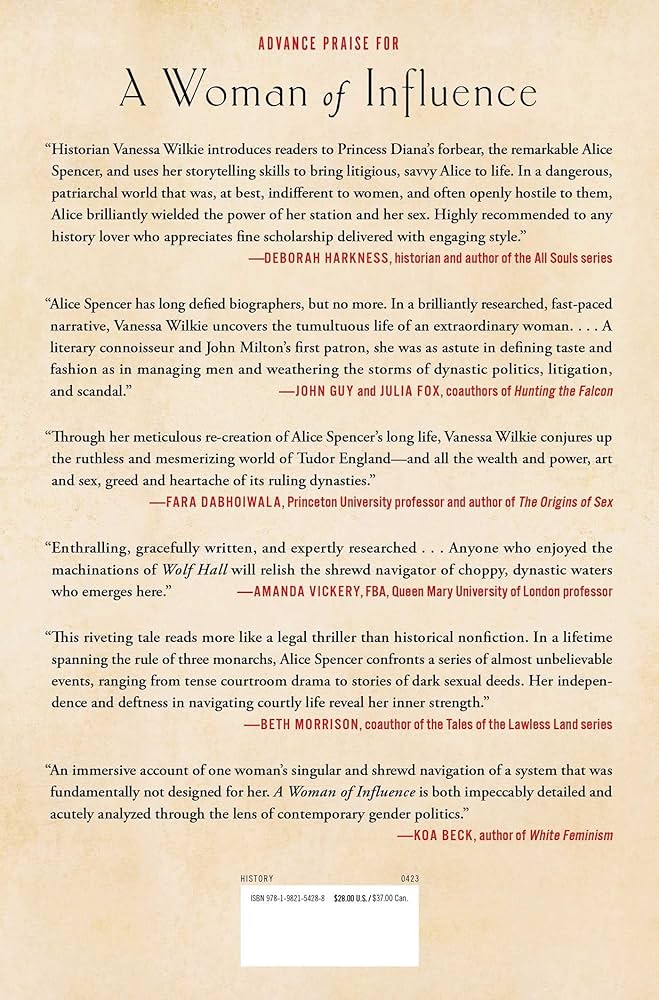Welcome to a journey back in time, when the map of the world began to look more like it does today. We’re exploring an amazing story. This is the tale of the rise of nation-states.
What is a Nation-State?
First things first, let’s understand a big word: Nation-State. A nation-state is a place with its own government. It is where people share common things. Like language, culture, and history. Imagine a country – that’s a nation-state!
How Did Nation-States Start?
Long ago, big empires and small kingdoms filled the land. But things began to change. In a time called the early modern era, nation-states started to pop up.
Important Changes Leading to Nation-States
So many events worked together. They slowly built up to this big shift. Let’s look at four key changes:
- Rulers got stronger: Kings and queens worked hard. They made their power bigger within their lands.
- Countries made borders: Lines on maps started to mean more. These lines showed where one country ended and another began.
- People felt connected: Folks began to see they were alike. They shared stories, songs, and pride in their land.
- Trade grew lots: People bought and sold things far and wide. This made countries richer and more powerful.

Credit: phys.org
Big Moments in Nation-State History
Here’s a table that shows some cool events that helped nation-states rise:
| Time | Event | Place |
|---|---|---|
| 1492 | Christopher Columbus sails the ocean blue | Spain |
| 1517 | Martin Luther starts the Reformation | Germany |
| 1648 | Peace of Westphalia ends Thirty Years’ War | Europe |
A Big Win: The Treaty of Westphalia
In 1648, a huge deal called the Treaty of Westphalia came out. It ended lots of fighting in Europe. This treaty is super important. It helped countries decide their own paths.
The Effects on Our World
Nation-states didn’t just change maps. They changed everything! People began to think of themselves as part of a country. Governments got more into people’s lives. They made laws, collected taxes, and built armies.
Wrap Up: The Nation-State Story
The rise of nation-states was no quick thing. It took many years. Lots of folks were a part of this story. From brave sailors to wise rulers to everyday people. They all helped shape the world we know. Today we see their work in the countries we call home.
And that’s the tale of how nation-states rose up. It’s a story of people working together. Reaching toward what we now see as our modern world.
What a journey we’ve shared! The rise of nation-states is a tale of change, challenge, and connection. Thanks for traveling back in time with us. Remember, history is not just about the past. It’s about us, today.
Curious to learn more? Keep exploring. History has endless stories to tell.
Frequently Asked Questions Of The Rise Of Nation-states In Early Modern History: Unveiling Origins
What Spurred The Growth Of Nation-states?
The consolidation of power by monarchs and the decline of feudalism fueled the development of nation-states during early modern history.
How Did Nation-states Transform Governance?
Nation-states introduced centralized authority, often embodied by a sovereign, which replaced the fragmented feudal system with a more unified form of governance.
Did Economic Factors Influence Nation-states?
Yes, trade expansion, mercantilism, and economic competition among European powers significantly contributed to the rise of nation-states.
What Role Did Wars Play In Nation-state Formation?
Frequent wars led to the need for efficient taxation and standing armies, which reinforced the infrastructure of emerging nation-states.
Guest Author Sakhawat-Shuvo wrote and edited this Article based on his best knowledge and understanding. These opinions and remarks are not endorsed or guaranteed by epichistoria.com or EpicHistoria. The Epic Historia does not guarantee this article’s content. Readers should verify and use their judgment before trusting the content. Also, the Images used in this Article are the copyright of their Respective Owners. Please use our Comment Box or Contact Us form to report this content. This information is not accountable for losses, injuries, or damages.


